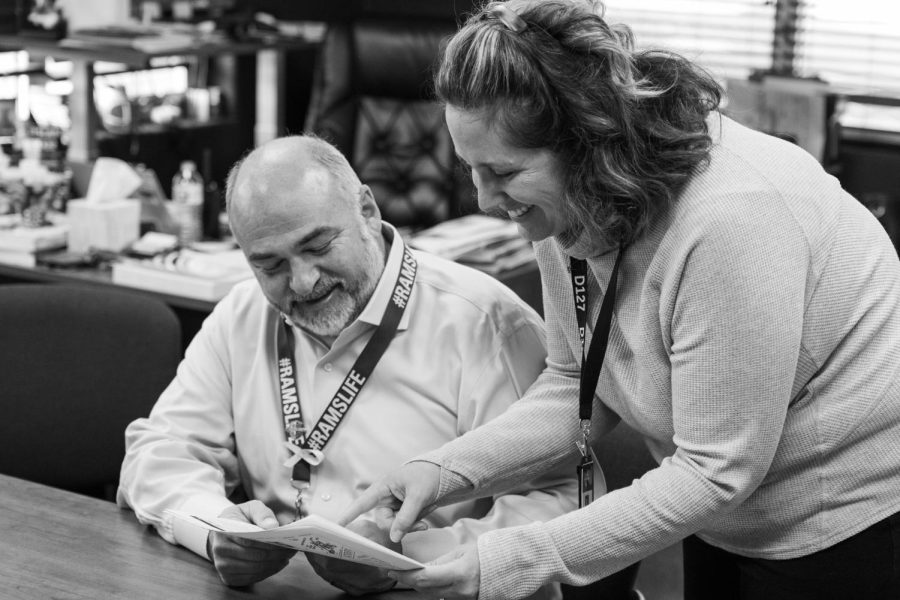GCHS students are not eating breakfast
Even during the pandemic, the numbers of students who eat breakfast every day are much lower than they should be.
Pictured are scrambled eggs made for breakfast by opinion editor Caden Moe. Eggs are one of the best sources of protein, and are thus, a healthy choice for breakfast. (Photo by Caden Moe).
February 4, 2021
There seems to be an unhealthy phenomena going on at GCHS: not enough students eat breakfast regularly.
This may seem odd. We’ve always been told that breakfast is the most important meal of the day, and with us staying at home a lot more often during the pandemic, we should have a lot more time to make and eat breakfast. But this problem is not new at all.
“I would say for all the years that we’ve done the nutrition project, only 30 or 40% of students eat breakfast every day,” said health teacher Jeanna Beerbower.
There are several different reasons that students and teachers alike have cited. The most frequent is simply that they don’t always have time for breakfast. It’s hard to deny that teenagers like to stay up late and sleep in, and when they do wake up, they might only have a certain amount of time to prepare for the school day, and they might view breakfast as low priority.
“For a lot of people, they think it’s going to take this huge amount of time to pour a bowl of cereal or to make breakfast,” said Beerbower. “It can just be a grab and go type of thing if that’s really all you have the opportunity to do.”
Another issue is how they simply might not feel hungry in the morning, and don’t feel the need to eat. And while it can be easy to assume that not feeling hungry means you do not have to eat, this is not the truth.
According to an article from WebMD, eating breakfast in the morning provides the body with glucose, which gives you energy to last throughout the day. It also kick starts your metabolism, which is vital for digestion. Most relevantly, being on a full stomach improves your focus and helps you pay attention.
“Skipping the morning meal can throw off your body’s rhythm of fasting and eating. When you wake up, the blood sugar your body needs to make your muscles and brain work their best is usually low. Breakfast helps replenish it,” says WebMD.
Of course, it is vital to have a healthy breakfast every morning, but this does not need to be complicated. It can be something as simple as yogurt or a smoothie.
“It’s important you get all of the six basic nutrients,” said Beerbower. “But I think for breakfast, you definitely need to get some glucose and protein.”
While it is understandable that some students may not feel like they have a choice, getting a healthy breakfast should be one of their main priorities every morning.





































